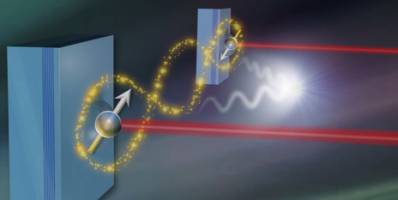Dec 28, 2015
150 Kilowatt lasers will be tested on predator drones and AC130 gunships in 2016
Posted by Klaus Baldauf in categories: drones, energy, military
A laser set to begin live-fire tests at White Sands Missile Range, New Mexico, in January uses rare earth minerals. It was developed by General Atomics Aeronautical Systems Inc. of Poway, Calif., the company that produced the revolutionary MQ-1 Predator drone. Its precise power levels are classified, but Michael Perry, the company’s vice president for laser programs, said the experimental weapon’s beam is in the 150-kilowatt class. That’s more than 100 times the power needed to heat an electric oven to 350 degrees.
The General Atomics laser is five times more powerful than the only laser the military has fielded, the 30-kilowatt-class Laser Weapon System, a fiber laser the Navy developed that has knocked down small drones and crippled small boat swarms in tests at short range. That laser was installed on the USS Ponce, an Afloat Forward Staging Base deployed to the Middle East, in 2014. This past October, the Navy awarded Northrop Grumman a $53 million contract to develop a more powerful shipboard laser.
















